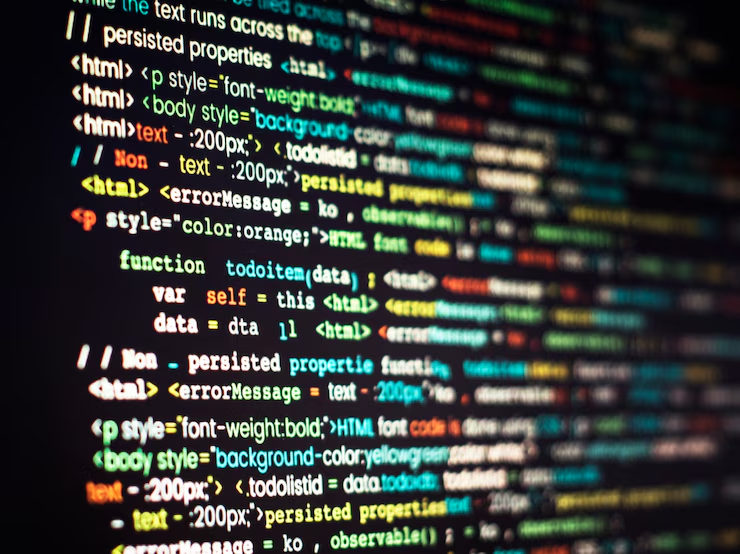In today’s digital world, coding is often seen as a technical skill reserved for developers sitting behind glowing screens typing away lines of logic. But here’s a truth that often goes unnoticed: learning to code isn’t just about writing code—it’s about changing how you think, solve problems, and interact with the world.
When I started learning to code, I thought it would be all about memorizing syntax and building apps. I was wrong. Sure, syntax matters. Yes, apps are cool. But what really surprised me was how much coding changed my mindset.
Let me break down why learning to code goes way beyond the code itself.
1. Problem Solving is the Real Skill
At its core, coding is about solving problems. Whether you’re fixing a bug, building a website, or automating a boring task, you’re solving a problem. Every piece of software we use—Instagram, Google Maps, Spotify—exists because someone saw a problem and said, “Let’s fix that.”
When you learn to code, you start thinking in terms of solutions. You break big problems into smaller chunks. You learn patience, persistence, and logical thinking. Even if you never become a professional developer, these problem-solving skills are priceless in everyday life.
2. You Learn How Computers “Think”
Computers are literal machines. They don’t guess or assume—they follow exact instructions. Coding teaches you to be precise and clear, which is a surprisingly rare skill in real life. Whether it’s writing a message, giving feedback, or explaining an idea, being clear and concise goes a long way.
By understanding how machines think, you also start understanding how to communicate with them effectively. You learn to debug. You start asking better questions like “Why did this break?” or “What input caused this output?”—questions that often lead to smarter solutions.
3. Creativity Has a Big Role
Many people assume coding is rigid and boring. Honestly, it’s anything but that. Coding can be incredibly creative. You can build a game, design a website, develop an app, or create a chatbot that jokes with your friends. The possibilities are endless.
Once you get past the basics, you realize that coding is more like painting or storytelling—it’s just that the tools are different. Instead of brushes or words, you’re using logic and functions to express ideas and build experiences.
4. It Builds Confidence
There’s nothing quite like the feeling of writing a program, running it, and seeing it actually work. That little moment of “I built this!” gives you a major boost in confidence. You start believing in your ability to create, not just consume.
This confidence often spills into other areas of life—maybe you take on more ambitious projects, speak up in meetings, or help others learn.
5. It Opens Doors
Whether you want to freelance, start a business, or just understand how the tech you use every day works, coding gives you access. It puts tools in your hands. It lets you experiment, build, and grow.
And the best part? You don’t need to be a genius or math wizard. You just need curiosity, patience, and a willingness to learn from mistakes.
Final Thoughts
Learning to code is not just about getting a job in tech. It’s about equipping yourself with a new way of thinking and creating. It’s about becoming a better problem-solver, communicator, and innovator.
So if you’ve ever felt like coding might not be for you, think again. You don’t have to write the next big app—you just have to start. The rest will follow.
